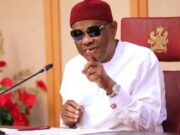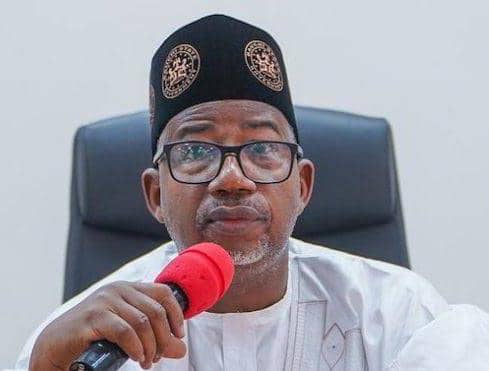Bauchi State Governor, Bala Mohammed, has expressed disappointment in President Bola Tinubu, accusing him of being unable to tolerate constructive criticism despite his own history of challenging authority as a former Lagos governor and NADECO leader.
Speaking on Channels TV’s 2024 in Review program on Tuesday, Governor Mohammed reiterated his criticism of the ongoing Tax Reform Bill, emphasizing that the bill has not been well-received by many Nigerians, especially those in states with no derivative earnings.
He urged the President to be more open to collaboration and debate, pointing out that even during his tenure as governor of Lagos under then-President Olusegun Obasanjo, Tinubu had been vocal in opposing federal policies, without facing such hostility.
Mohammed stated, “We urged him to accommodate more collaboration; he said no, he would go on. Some of the issues even NEC and some of the ministers were not aware that this bill was going to the National Assembly. I think we are not in a military regime… Even the military accommodated people like the President when he was a governor, and he was able to challenge them rightly at the Federal Government level, and heaven didn’t fall.”
He further expressed his disappointment that his genuine advice on the reform was being interpreted as an attack.
“Some of us are giving advice in good faith because we know him. He is a democrat; he has really spearheaded a lot of protests against the federal government rightly, especially during the NADECO days. But we are disappointed that even genuine interventions are seen as an affront or an insult that will warrant or unleash the kind of response I got from the Presidency. That is very undemocratic and very unlike Tinubu.” he said
The Governor also responded to the argument that the tax reform could push states to maximize their natural resources.
He questioned the need for such reforms without sufficient dialogue, saying, “Should we die before we sit up? We need to discuss. Yes, it will help us to sit up. Even during the Buhari regime, we were able to raise our IGR.”
While not opposed to the reform itself, Mohammed called for broader consultation on the bill, suggesting the need for revisions to certain contentious areas.
He stressed that reforms should foster good governance without burdening the majority of states, urging Tinubu to implement policies with more persuasion and inclusivity.
“There is no doubt that this reform reflects the need to promote good governance,” Mohammed explained, “but it should not be implemented to the detriment of the majority of federating states. It is not that we will deprive him of his right as the President of Nigeria and someone who has done a lot of reforms in Lagos and we have high hopes for him but we are disappointed that he is not even accommodating. He doesn’t listen; he believes that whatever he wants to do, he has the right to do it. He does not have that right. He has to listen to Nigerians when they have apprehensions.”

















